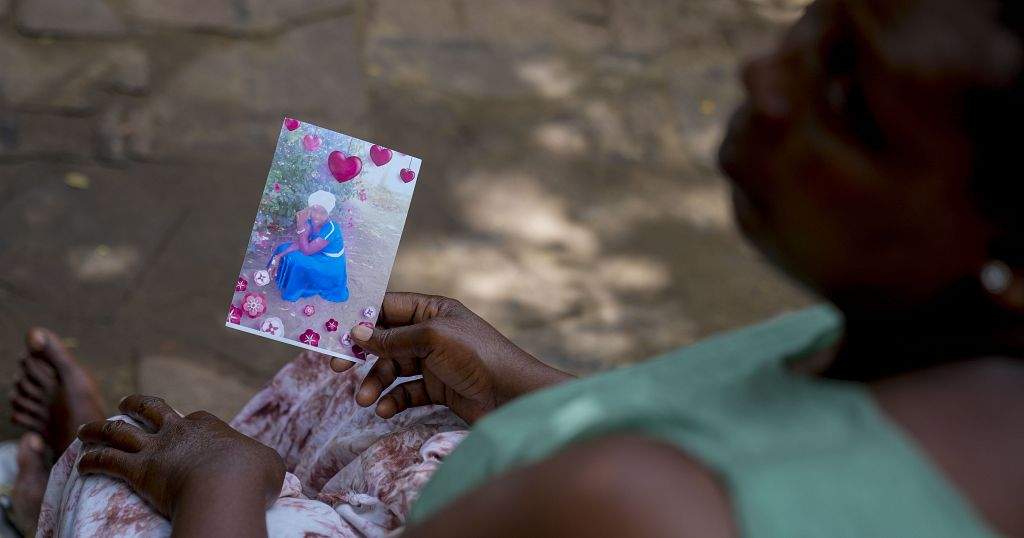Seventeen Months After Tragedy, Kenyan Community Still Reeling from Doomsday Cult Leader’s Dark Legacy
In the sleepy coastal town of Malindi, Kenya, the wounds of a devastating tragedy still linger. Seventeen months have passed since police raided Good News International Church in a forest, uncovering the remains of over 430 victims who were brutally murdered by their charismatic leader, Paul Mackenzie.
Mackenzie, an extremist evangelical leader, had instructed his followers to starve to death in exchange for the promise of meeting Jesus. The number of victims continued to rise as authorities recovered more bodies, including those of 191 children. If convicted, Mackenzie faces life in prison for his heinous crimes.
The tragedy has left a lasting impact on the community, with many still struggling to come to terms with the horrific events. Shukran Karisa Mangi, a gravedigger who dug up the bodies of the cult members, is still haunted by the memories of the violence he witnessed. "The alcohol couldn’t numb my shock the morning I found the body of my close friend, whose neck had been twisted so severely that his head and torso faced opposite directions," he recalled.
Mackenzie’s confidence in custody has raised concerns about the influence some evangelists have over their followers. Despite being charged with multiple counts of murder and other crimes, Mackenzie maintains that he did nothing wrong. His followers, including teachers and policemen, were drawn to his charismatic preaching and claimed he performed miracles and exorcisms.
The case has also highlighted the issue of unaccountable evangelical leaders in Africa. Many churches are run like sole proprietorships, with pastors deriving authority from their perceived ability to perform miracles or prophecies. This has led to a lack of transparency and accountability, leaving followers vulnerable to exploitation.
The tragedy has also led to concerns about the government’s ability to regulate the activities of religious groups. Mackenzie was previously detained for opposing the government’s efforts to assign national identification numbers to Kenyans, claiming they were satanic.
As the investigation continues, the Kenyan Red Cross reports that at least 600 people are still missing, with many feared dead. The tragedy serves as a stark reminder of the dangers of extremism and the importance of accountability in religious leadership.
For the families of the victims, the road to recovery is long and difficult. Priscillar Riziki, who lost her daughter and three grandchildren in the tragedy, broke down as she remembered Mackenzie’s increasingly discourteous behavior towards his followers. "What made me realize Mackenzie was not a good person was when he said that the children should fast to die," she said, her voice trembling with emotion. "That’s when I knew that it’s not something I can do."
The tragedy in Malindi serves as a cautionary tale about the dangers of extremism and the importance of protecting vulnerable communities from exploitation. As the investigation continues, it is essential that the government and religious leaders work together to prevent such tragedies from occurring in the future.
